The first thing international students need to do is call the police, then take photos of the scene, collect information and find witnesses, if unfortunately a traffic accident occurs in the US.
Le Thuy Duong, 26, is currently studying for her master’s degree at Gonzaga University in Spokane, Washington. She spent a year working for the Personal Injury law firm in Las Vegas. Thanks to the knowledge she learned there, she has experience handling some traffic collision situations in the US.
Duong said many international students buy cars in the US for convenience. When a collision occurs, the actions taken afterwards can either benefit or harm the "victim".

Le Thuy Duong, student at Gonzaga University, Washington State, USA. Photo: Provided by the character
If you are a victim in a traffic accident in the US, international students should take the following steps:
The first thing international students should do is call the police (dial 911). The police will arrive at the scene, take down the facts of the incident, and help determine right from wrong. In the police report, if your name is listed as the plaintiff, you are the victim and entitled to compensation. On the other hand, if your name is listed as the defendant, you may have to pay compensation to the other party and will likely have to increase your car insurance premiums.
If you decide to sue for compensation, evidence such as photos of the accident scene are important in determining liability from both sides.
"Please take pictures of both cars (front, back, sides), clearly showing the crash, damage to the car, debris, tire marks, traffic lights, signs...", Duong noted.
Next, collect the other party’s information such as contact information (phone number, address, email) and insurance information. It is best to take a photo of their ID/driver’s license and insurance card (which has the name of the insurance company, insurance number, and insurance plan).
"Remember to take photos of the car's VIN number (13 numbers - usually affixed to the corner of the front windshield), car model, make and year, and license plate number," Duong advises.
If your injuries are not too serious, you may be able to claim damages from the insurance company of the party causing the accident using this information.
Accident victims also have to collect their own information . When an accident happens, you may be in a state of shock and have difficulty thinking about what to do or not to do. When you calm down, take notes, record videos or play audio recordings of what you can remember and feel.
For example, before the accident, how fast were you going, which road were you on, in which direction, did you see anything strange, did you feel pain anywhere, did you have dizziness, headaches or any injuries...
Witnesses play an important role in litigation or disputes. If someone witnessed the accident, ask them to stay at the scene and report it to the police and get their contact information.
Once the police have taken statements and decided on the injured party, both parties can leave. According to Duong, international students should seek out a lawyer if the car is seriously damaged or the accident has caused long-term health effects. Depending on the severity of the case and the law firm, students can get a (free) consultation before making a decision. Typically, law firms charge about 30% of the compensation they recover for the victim.
Alternatively, you can also claim compensation through the other party’s insurance company. Once you have gathered enough information, go to their insurance company’s website, fill in the information and submit the request. An insurance representative will call you to work with you.
If the car is not too badly damaged, just a few scratches or dents, and you feel that the accident does not affect your health, you should deal with the person who caused the accident directly (let them ask instead of suggesting). You can take the car to a shop, ask for a quote, send it and ask for their opinion before repairing it.
"You should not take the car in for repair right away, to avoid the case where the bill is too high, and the other party says they don't have the money to pay, then you will be the one who suffers," Duong warned.
Duong said that when a collision occurs, sometimes no one knows the whole process of the accident, what is the main cause. Therefore, international students absolutely do not apologize or admit their mistakes.
"You can honestly tell the police or a lawyer, for example, 'I was so engrossed in talking to my friend that I didn't know what was happening,' but never take the blame yourself," Duong said.
In the event that you are determined to be at fault for the accident, you should consider hiring an attorney to help negotiate with the plaintiff and insurance.
Dawn
Source link



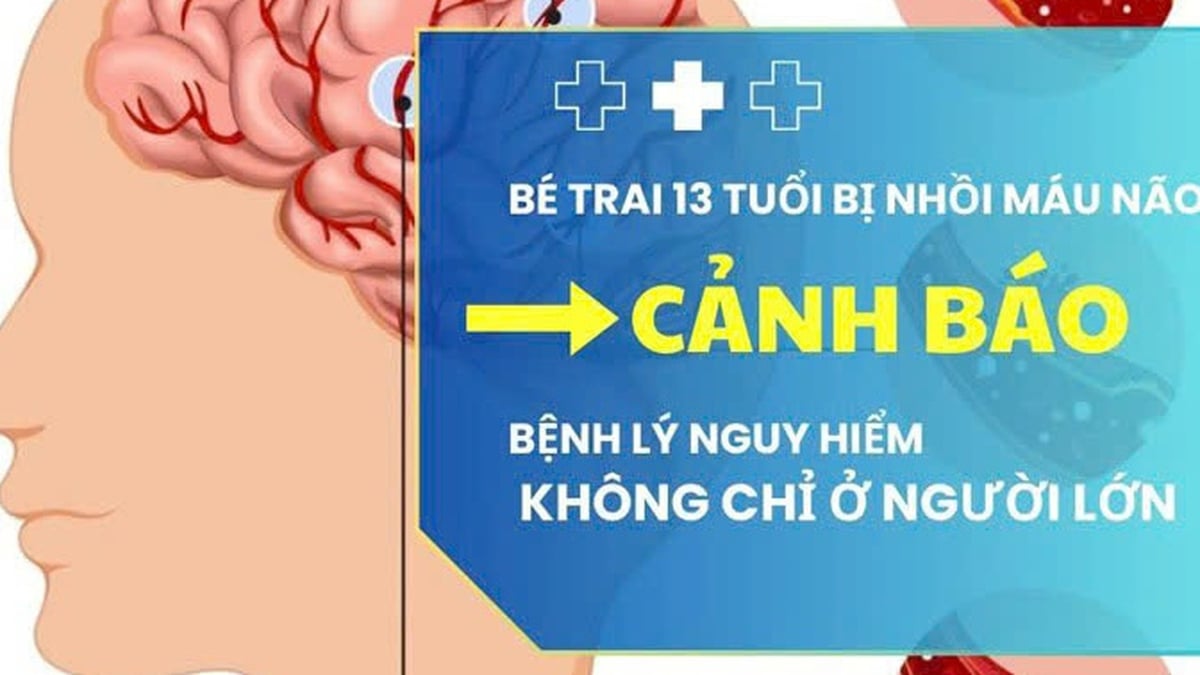
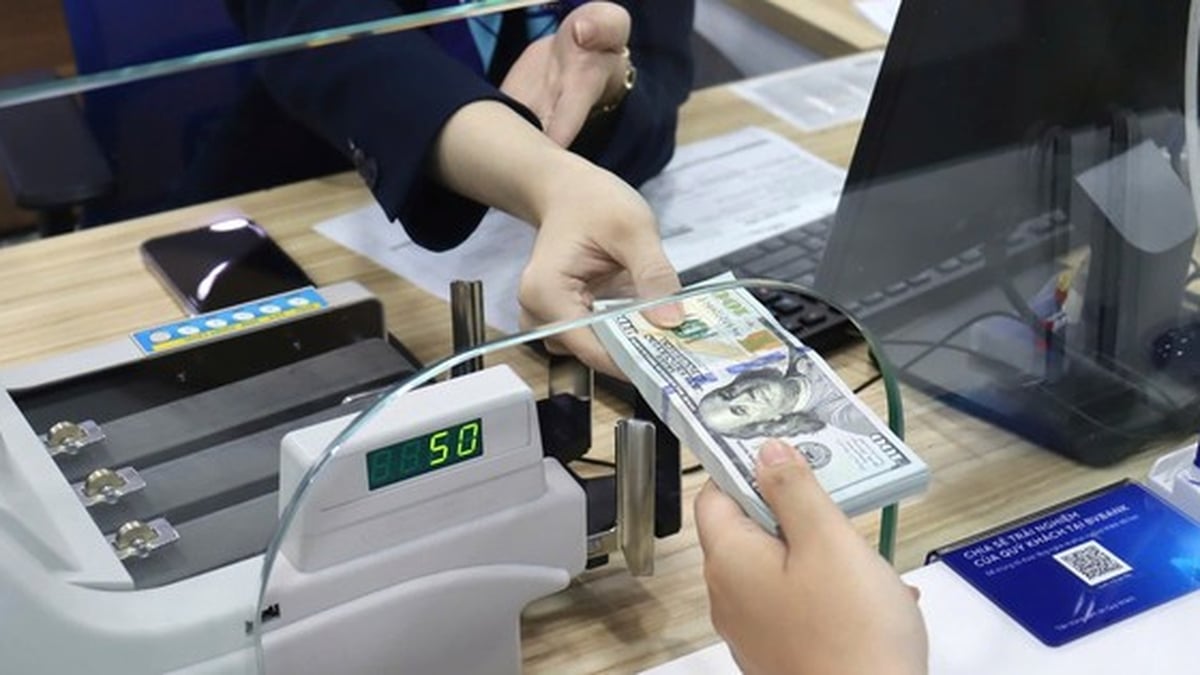
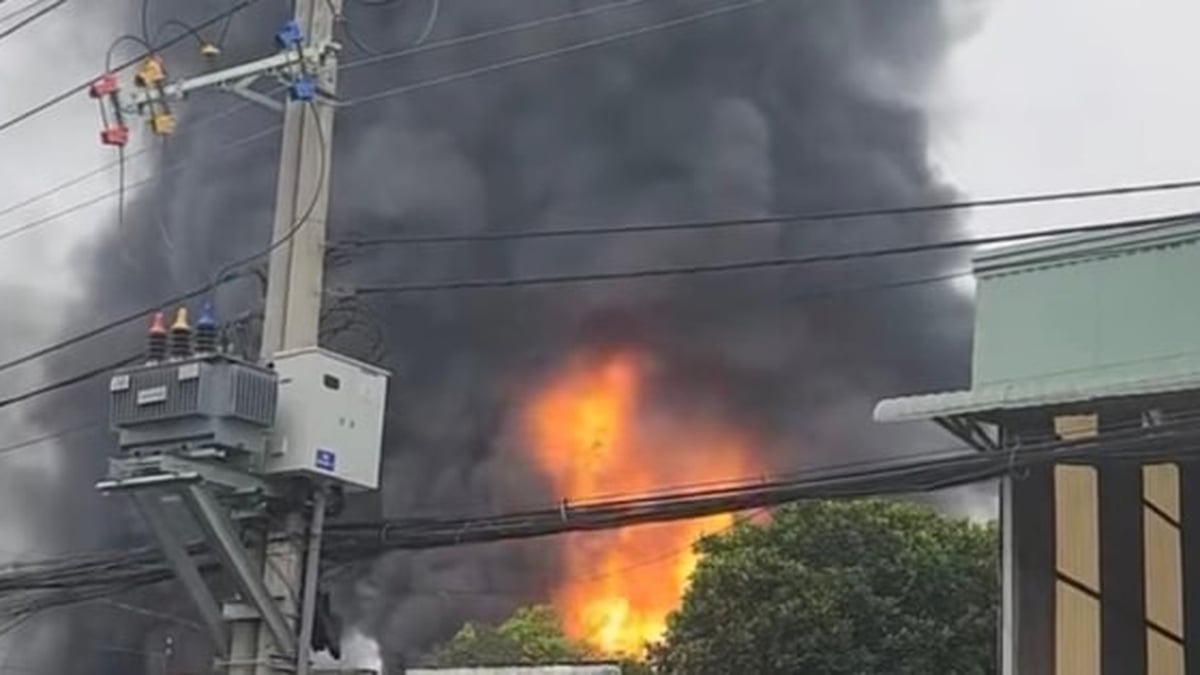


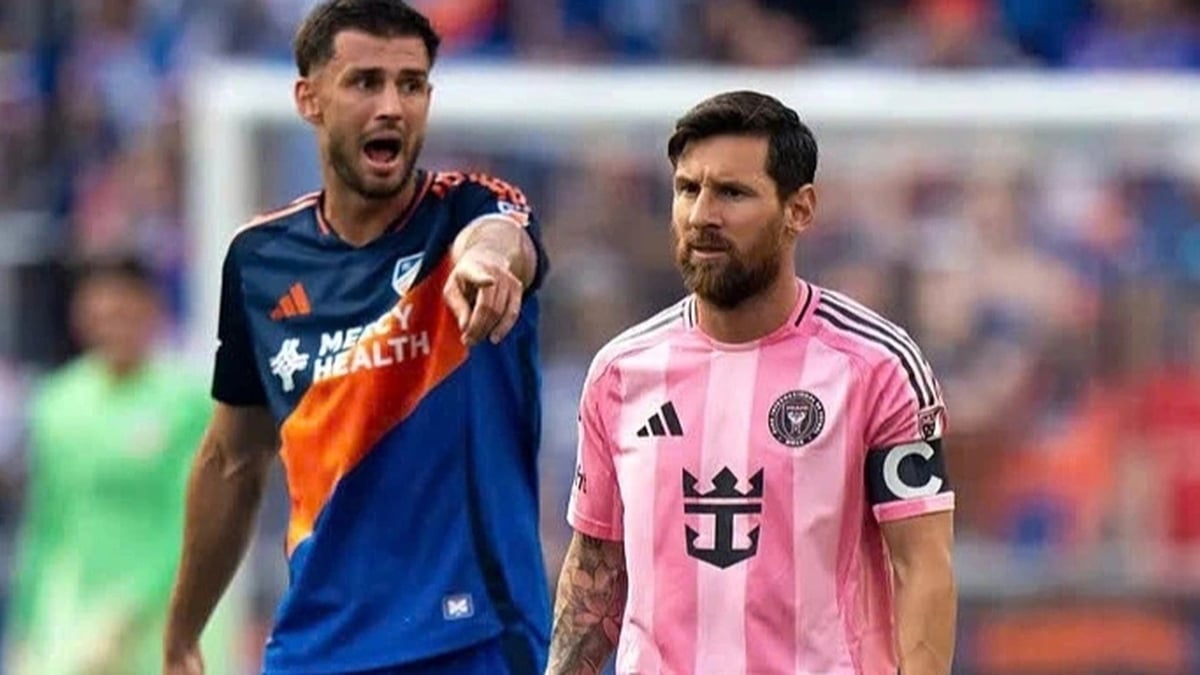







































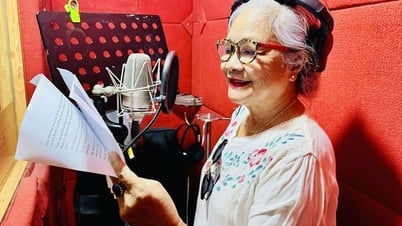

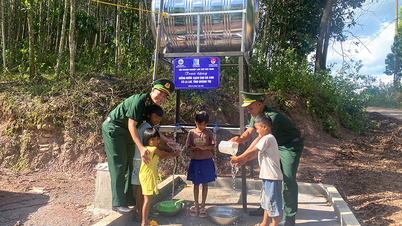












![[Maritime News] More than 80% of global container shipping capacity is in the hands of MSC and major shipping alliances](https://vphoto.vietnam.vn/thumb/402x226/vietnam/resource/IMAGE/2025/7/16/6b4d586c984b4cbf8c5680352b9eaeb0)













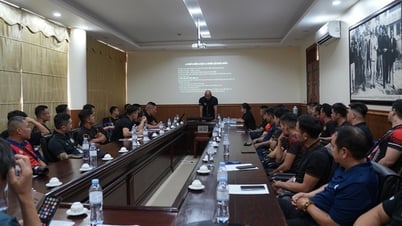























Comment (0)